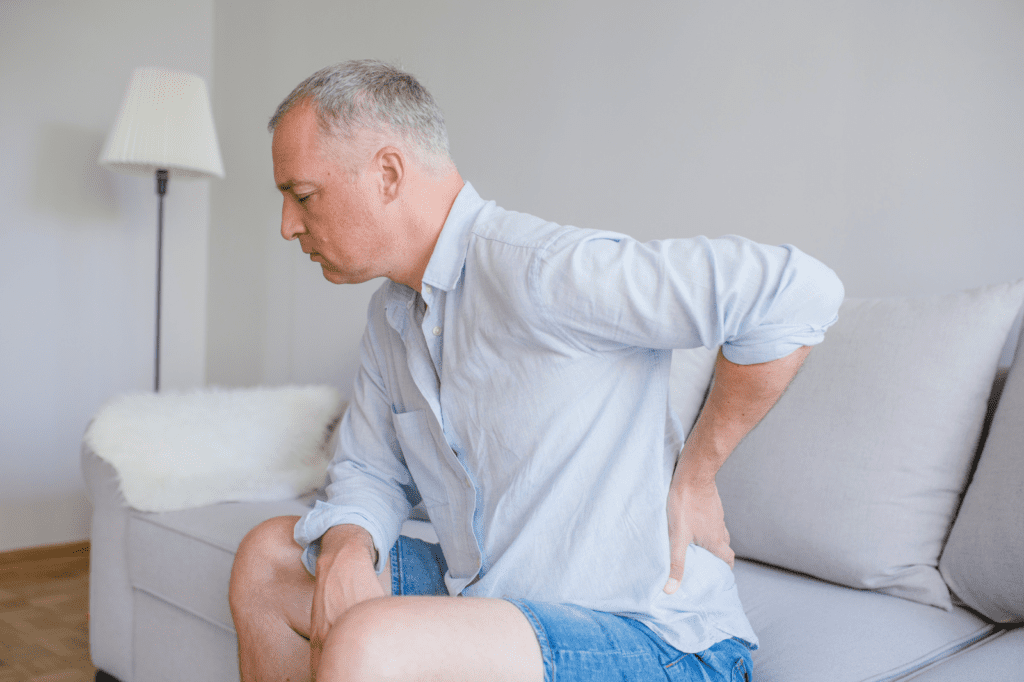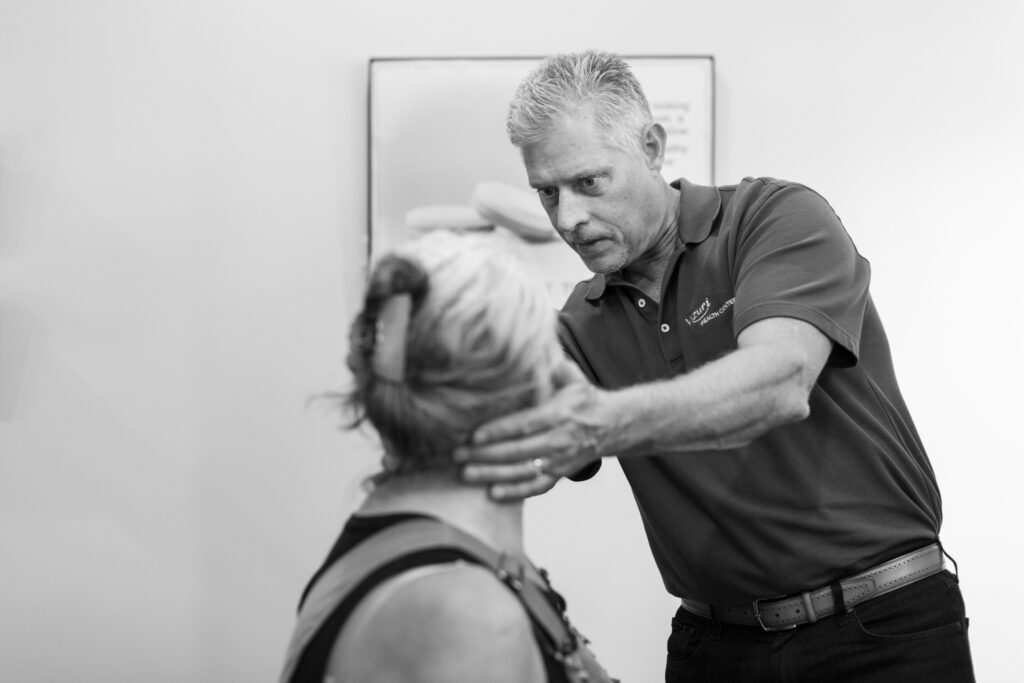Conditions
come for pain relief, stay for wellness
Headaches
Successfully treating headaches and migraines for over 30 years. Wether you're experiencing pain or numbness in your neck, shoulders, or radiating into your arms, there is possibility of relief.

Neck and Low Back Pain
Most people have neck or back pain during their life, many develop chronic neck or low back pain. If you are one of the unfortunate people who experience these pains, you are not alone. 80% of adults will experience an episode of sudden lower back pain that can last for weeks.


Disc Injuries
Your spine is designed to last a lifetime. The bones, joints, disc, muscles and connective tissue regenerate and adapt to stresses.
Are you considering back surgery? There are other, safer and more effective, options to consider first.


Chronic Inflammation
Have you ever wondered I want my health to be back to where it was before I was sick. Is that possible? or why do I feel tired all the time?
There are explanations for your health concerns and how they are affecting your daily life. Chronic inflammation and gut illness are a growing condition in the US.


We have experience with many conditions, both common and rare. If you are looking for answers for a healthier life, explore our services or reach out to us directly. If yours is a condition we cannot help, we will refer you to another provider in our trusted network who can help you.
Ready to Make a Positive Change?
We listen carefully and prescribe a customized treatment plan for each patient’s specific needs utilizing chiropractic, spinal decompression, functional medicine, physical rehabilitation, and lifestyle education to help you regain and maintain your health. We understand your path may be challenging, so we stand by you every step of the way to reach your optimal health.




We provide a dynamic approach to achieve your health goals.
Contact us today to see if you qualify to start your patient journey.
Laying the foundation to accelerate your healing process
Achieving health is like building a house – certain things have to happen in a particular order in order for everything to stand strong and work correctly. When building a house, if you tried to put up your walls before you had a solid foundation, your walls would be weak and eventually collapse. If you tried to put on your roof before the walls were ready, you would run into the same problem. The same is true for your body. Your body has to go through a particular plan of care in order to repair itself correctly and fully. There are three general phases of chiropractic care.


"The doctor of the future will give no medicine, but will instruct his patient in the care of the human frame, in diet and in the cause and prevention of disease."
- Thomas Edison
Laying the Foundation
Achieving health is like building a house – certain things have to happen in a particular order in order for everything to stand strong and work correctly. When building a house, if you tried to put up your walls before you had a solid foundation, your walls would be weak and eventually collapse. If you tried to put on your roof before the walls were ready, you would run into the same problem. The same is true for your body. Your body has to go through a particular plan of care in order to repair itself correctly and fully. There are three general phases of chiropractic care.


Phase 1: Relief Care
If you are in pain when you come into our office, the first objective is to help you feel better. Depending on the severity of your problem, it is typical to need care 2-3 times per week for 4-12 weeks.
Phase 2: Corrective/Maintenance Care
During the corrective care phase, muscles and other tissues are allowed to heal more completely, thereby helping prevent injury. It is typical to need care 4-8 times per month for 6-24 months, depending on your overall health and the severity of your problem.
Phase 3: Prevention/Wellness Care
Once your body has fully healed, it is important to come in for periodic adjustments to avoid problems in the future. Usually, this only requires a quick visit to the chiropractor 1-4 times per month, based on your lifestyle and goals.
We provide a dynamic approach to achieve your health goals. Utilizing Chiropractic, Spinal Decompression, Clinical Nutrition, and Rehab Therapy to target Headaches, Neck and Low Back Pain, Disc Injuries, and Chronic Inflammation, we will help you regain your health.
Contact us today to see if you qualify to start your patient journey.
